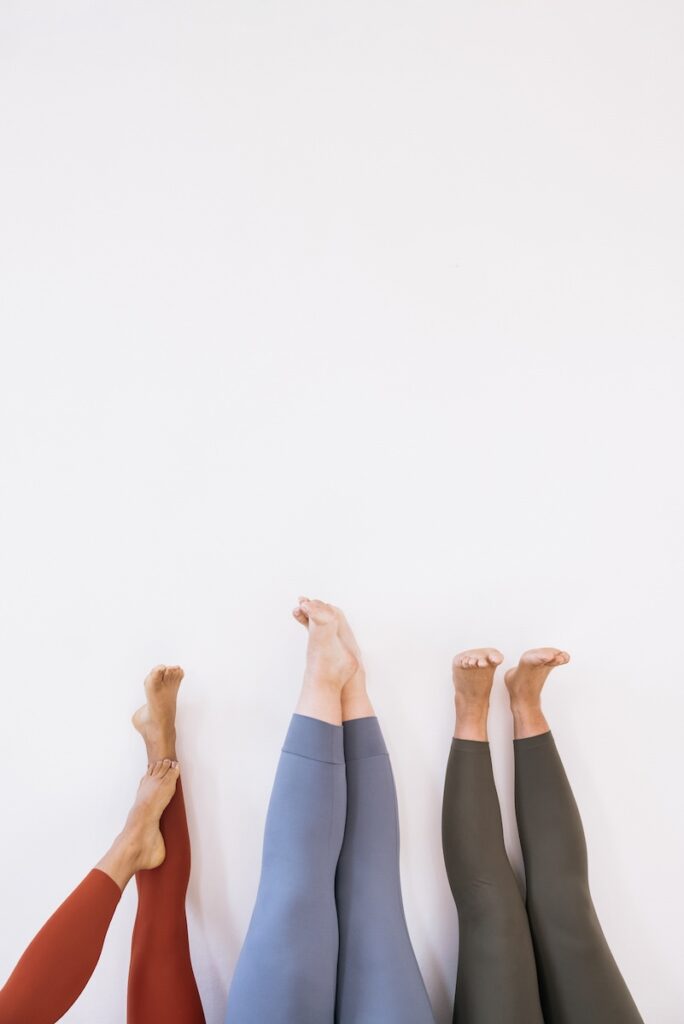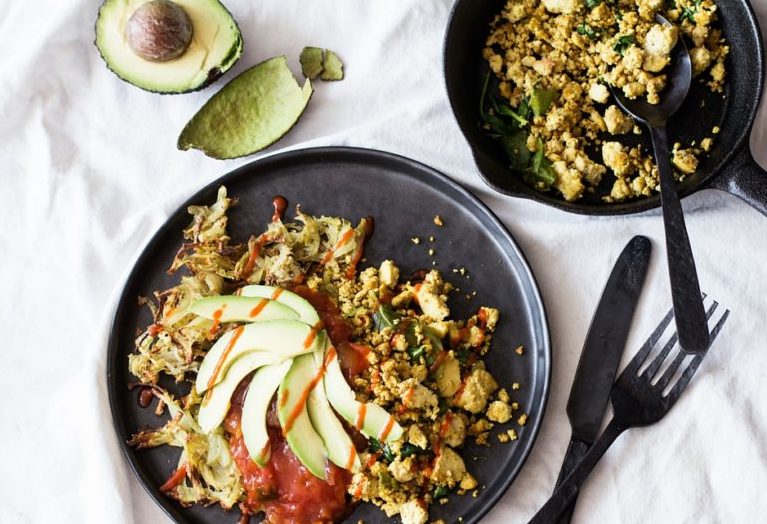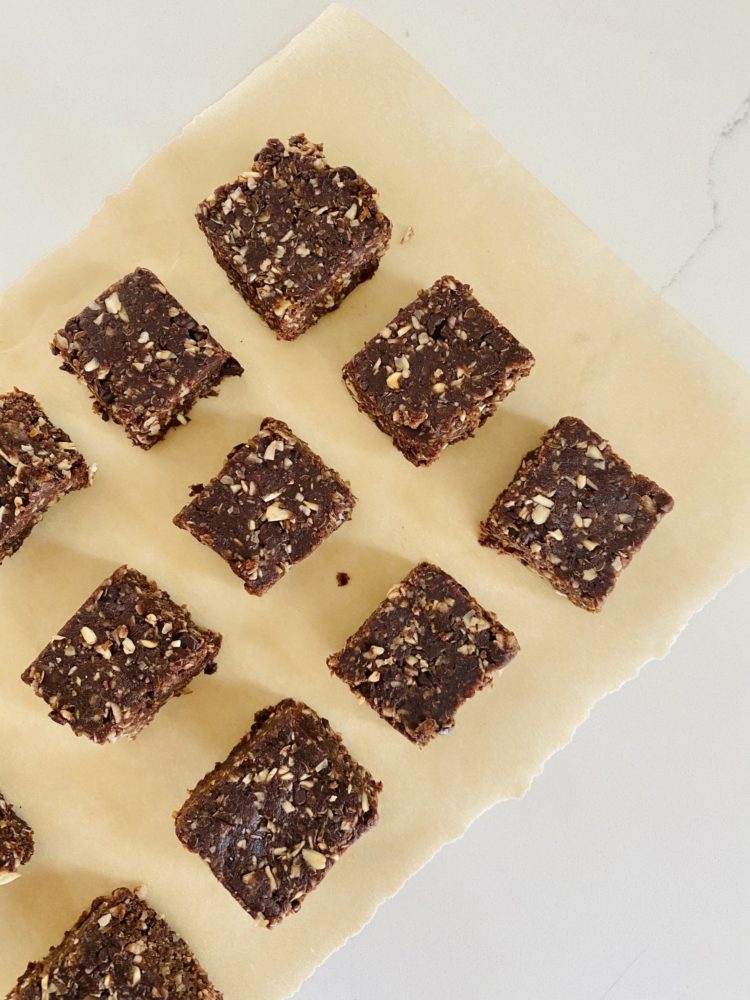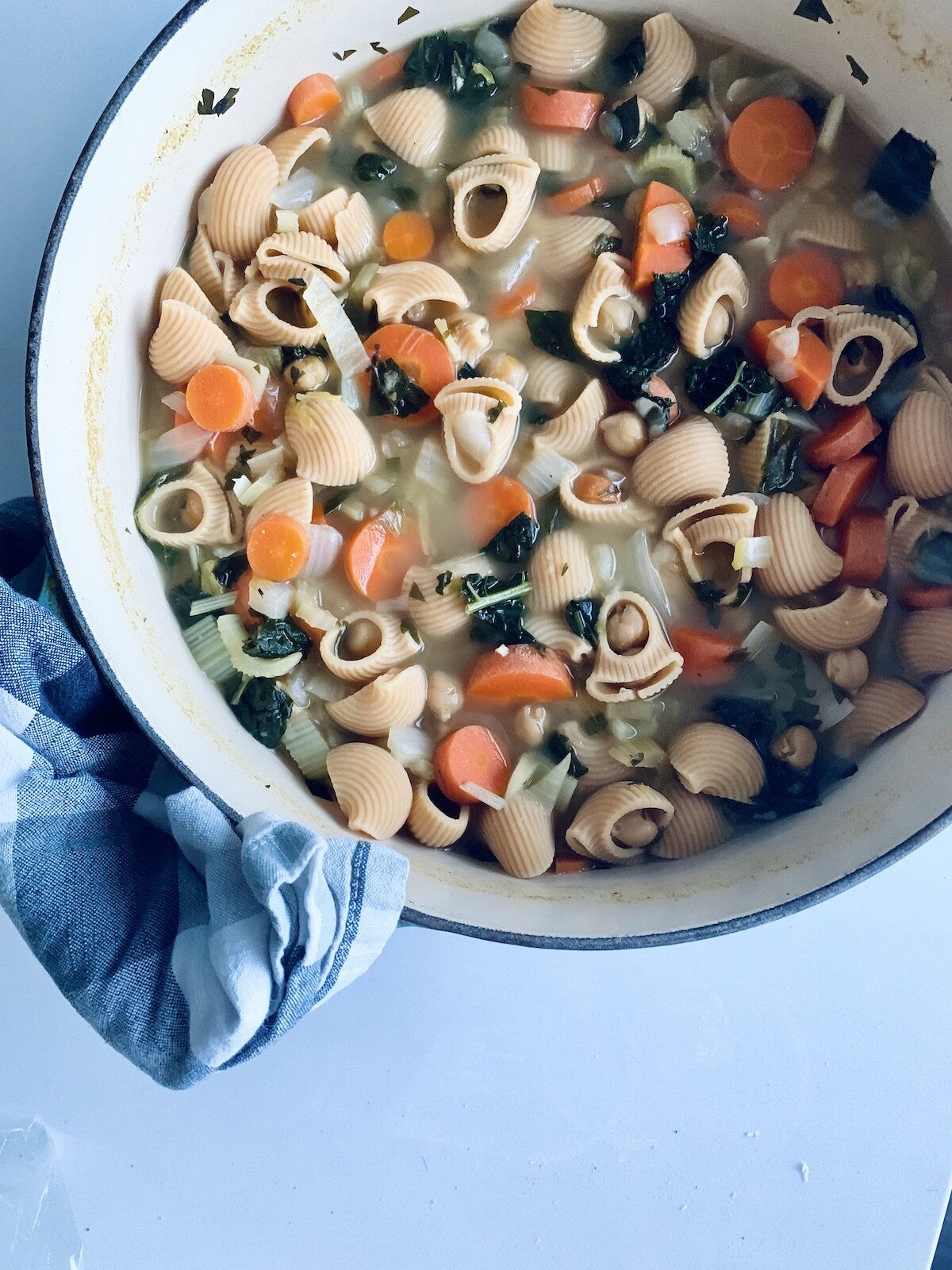Body image is a tricky subject for women. Sadly, it’s become”normal” to dislike, criticize, and want to change your body. In this post, you’ll learn why better body image doesn’t have to mean loving everything about your body, why body appreciation is a better goal, and how to boost your body image today.

Why you don’t have to love your body to improve your body image
The self-love movement with its positive affirmations and no-makeup selfies is wonderful in theory, but the unspoken truth is that getting to that level of self-love is a long and difficult road for many women. If you are one of these women, you might see a “love yourself as you are” post on social media and think, “how am I supposed to love myself when I truly don’t like my thighs/hair/height/etc.?!” I never ask my clients to love their bodies (although, I’d be thrilled for them if they get to that place). All I ask is that they learn to respect and appreciate their here-and-now body just as it is.
You don’t have to love everything about your body everyday in order to believe it’s worthy of being taken care of. And here lies the point: body appreciation is about separating the way your body looks (or how you feel about how it looks) from its inherent worthiness for care and nurturing.
Why should you learn to appreciate your body?
If appreciating your body feels very unfamiliar (and maybe even impossible), you’re not alone. Unsurprisingly, 84% of women feel dissatisfied with their bodies, and the impossible appearance standards in our culture certainly contribute to this. Constantly seeing airbrushed, edited, and altered images of bodies in advertisements and on social media breeds compare-and-despair, low self-esteem, anxiety, disordered eating, and even depression.
Even if you would love to put an end to your self-criticism, the idea of body appreciation might sound a little too… precious. But learning to appreciate your body is actually a powerful, science-based way to improve your health.
People with higher body appreciation are more motivated to exercise and better at recognizing and following their hunger and fullness cues. In other words, body appreciation unlocks a deeper connection with yourself, one where you actually feel motivated to take care of your body with healthy habits.
What Is Body Appreciation?
Researchers who study body appreciation define it as having the following 4 characteristics:
- Possessing a favorable opinion of the body despite size and perceived imperfections
- Being aware of and attentive to the body’s needs
- Engaging in healthy behaviors to take care of the body
- Protecting the body by rejecting unrealistic media body ideals
5 Ways To Learn To Appreciate Your Body
1. Challenge negative thoughts about your body
Instead of trying to paint over negative thoughts with a sunny affirmation, the key to breaking down negative thoughts is to face them and challenge them. Here are some questions to ask:
- Where did the thought come from?
- What triggered it?
- Who or what am I comparing this part of my body to?
- Is it always true?
- What am I assuming this though means about me? (ex: my hair is too frizzy, so therefore I’m not loveable)
By questioning the thought, you begin to see it for what it really is – an old trauma, an unhelpful belief, a moment of comparison, or a bad hair day in a sea of good hair days.
After you’ve questioned the thought, use the Friend Test. What if your dearest friend shared this thought about themselves? How would you respond? Give yourself that same love and compassion that you’d give a friend.
2. Stop commenting on other peoples’ bodies
“Wow, you look great! Did you lose weight?” “I’d kill for your legs.” “What a pretty little girl!”
Commenting on someone else’s appearance has become commonplace, and although the commenter usually means well, this constant focus on looks perpetuates our cultural obsession with appearance. There can be a time and place for appearance-based comments (it can feel great when your partner or best friend tells you how fantastic you look, right?!), but we can all benefit from shifting our focus away from appearance and onto deeper qualities. Replace appearance-based comments with compliments about a person’s character and strengths.
3. Express gratitude for the functionality of your body
A self-gratitude practice is a great way to start to appreciate your body. Try starting or ending your day with at least one thing you feel grateful for about your body. Instead of thinking about how your body looks, think about how it functions – your strong arms that carry your children, your beating heart, and your attuned palette.
4. Prune your social media feed
The images and messages you take in everyday shape the way you view your own body. Unfollow social media accounts that pull you into comparison and self-criticism. Follow accounts that nurture your appreciation for yourself and your life. Remember, you are the gatekeeper of what you take in! As a bonus, follow new accounts that celebrate body diversity.
5. Spend time with your body
It’s hard to appreciate something that you don’t know very well. Get to know your body by spending time with it. This can take many different forms – meditation, deep breathing, tracking your menstrual cycle, hiking, yoga, dancing, or taking a bath. The point is to drop into your body and get to know its signals. For me, spending time with my body is the most important reason I exercise. Whether it’s a run or a yoga class, that daily date with my body has helped me appreciate it (and, dare I say, love it!) more and more everyday.
BTW, want to have a healthy relationship with food? Learn all the basics of intuitive eating in this post.
10 Ways to Improve Your Body Image Today
Download my Better Body Image Guide to learn 10 simple things you can do today to feel better about your body.
+ References
“Body Image and Physical Activity.” Body Image and Physical Activity | Association for Applied Sport Psychology, appliedsportpsych.org/resources/health-fitness-resources/body-image-and-physical-activity/.
Oswald, A., Chapman, J. and Wilson, C., 2017. Do interoceptive awareness and interoceptive responsiveness mediate the relationship between body appreciation and intuitive eating in young women?. Appetite, 109, pp.66-72.
Augustus-Horvath, C.L. and Tylka, T.L., 2011. The acceptance model of intuitive eating: a comparison of women in emerging adulthood, early adulthood, and middle adulthood. Journal of counseling psychology, 58(1), p.110.
Runfola CD, Von Holle A, Trace SE, et al. Body dissatisfaction in women across the lifespan: results of the UNC-SELF and Gender and Body Image (GABI) studies. Eur Eat Disord Rev. 2013;21(1):52-59. doi:10.1002/erv.2201


